For everyone at Lolo it is important to recognize those women who have put Mexico on high before the world, which is why this week we are honored to highlight some of influential women in the history of Mexico. We share the story of ten incredible women who have put Mexico on high with their talent. Mexico has witnessed throughout its history how women have influenced different movements of a social, artistic, and cultural nature; and how their role has been transformed in society. These women have fought against prejudice and gender inequality, demonstrating the strength of womanhood, as well as dedication and authenticity in their profession.
Whether in politics, art, academia, science or as revolutionaries, these Mexican women undeniably changed history and are pioneers in the country. Although they lived in different times, all of them had to challenge barriers for many more to follow their example. Great revolutionaries who, day by day, broke with what was established in each of their fields and, also, in society. Brave women, mujeres poderosas, who paved the way for so many others who, in their fight for equality, have made the world a fairer place.
La Malinche, the polyglot
(c. 1500 – c. 1529)
An indigenous woman who, with her intelligence and charisma, made herself heard. La Malinche (also known as Doña Marina, Malintzin, and Malinalli) was born Malinal, the daughter of an Aztec cacique (chief), after the death of her father she was sold as a slave to traffickers from the southeast who taught her to speak Mayan. In 1519, Malinche and 19 other slave women were gifted to Hernán Cortés. Very soon Cortés understood the value of Malintzin's bilingualism, with whom she had a long relationship and a son. For a long time Malinche was the interpreter and guide of the Spaniards, thanks to her help many managed to make themselves understood. Throughout Cortés’s travels, Malintzin became indispensable as a translator, not only capable of translating from one language to the other, but of speaking compellingly, strategizing, and forging political connections.
La Malinche is a controversial historical figure. Some see it as the “first betrayer of Mexico”, as she played a significant role in the conquest of Mexico (the term malinchinsta in Mexico refers to a disloyal compatriot). However, many other scholars point out to the dire conditions of her upbringing and of the many skills and intelligence that she demonstrated with her position—including preventing genocides and functioning as a liaison in the Aztec conquest between Moctezuma II and Cortes. Today, many see her as the mother of the mestizo race.
Sor Juana Ines De La Cruz, the scholar
(November 12, 1648 – April 17, 1695)
Juana Inés de Asbaje y Ramírez de Santillana entered the religious order of the Jerónimas when she was only 21 years old. Her writings reveal a great passion for incessant knowledge, so much so that in one of her letters she claims to feel more desire for knowledge than for food. Many of her confessions contradicted the patriarchal society from the time, especially since freedom of spirit was not allowed, especially in the case of women. Learning to read from the age of 3 and showing a great fascination for letters and studies from a very young age, Juana Inés was one of the first women in the history of Mexico to achieve a high level of education. Driven by her passion for writing, she defended the role of women in New Spain society on multiple occasions by publishing various texts and poems. Being a figure in the literature of that time and a pioneer in defending the rights of women, Sor Juana Inés de la Cruz left in her wake a great legacy that is still remembered today.
Josefa Ortiz de Dominguez, the patriot
(September 8, 1768 – March 2, 1829)
María Josefa Crescencia Ortiz Téllez–Girón, popularly known as Doña Josefa Ortiz de Domínguez or La Corregidora was an insurgent and supporter of the Mexican War of Independence. Known as "the mother of Mexico's nationhood" and one of a handful of women of the elite class to support actively Mexico's independence from Spain between 1810 and 1821. Her participation in the insurgent movement was very active and, although she was not directly on the battlefields, she did participate in the preparation of the insurgent movement, in the so-called "Querétaro Conspiracy" and in the notice she sent to the insurgents Allende and Hidalgo to warn them that the movement had been discovered; information that led to advance the date of proclamation of Independence.
Leona Vicario, the informant
(April 10, 1789 – August 21, 1842)
Leona was another very important character for the independence of Mexico. Coming from a wealthy family and direct descendant of Ixtlilxóchitl II, the last tlatoani of Texcoco, Leona was part of the insurgent insurrection of 1810, she formed her own secret society called "Los Guadalupes", they oversaw providing important information from the Spanish crown to the independentistas. With her own resources she financed the independence movement and sent medicines, food, and money to the insurgents. In addition to that, she collaborated in different newspapers such as "El Illustrator Americano" and "Semanario Patriótico Americana" where he spoke about her liberal ideals for New Spain. For her patriotic work, the congress gave her the title of "Benemérita y Dulcísima Madre de la Patria".
Matilde Montoya, the doctor
(March 14, 1859 – January 26, 1939)
Matilde Petra Montoya Lafragua was the first female physician in Mexico. A girl born in the mid-nineteenth century, who from the first years of her life showed great love for study, so much so that she finished school before anyone else. At the age of 16, this scholar received the title of midwife, but this was not enough for her because her goal was to be a doctor. After several attempts to enter the National School of Medicine, and many detractors who suggested she went home to clean the house, in 1882 she managed to enroll. A few years later, she became the first woman to obtain a medical degree in Mexico.
Carmen Serdán, the hardcore revolutionary
(November 11, 1875 – August 21, 1948)
Tenacious revolutionary who fought with her mother and brothers against the dictatorship of Porfirio Díaz, under the nickname "Marcos Serratos" she dedicated herself to printing and distributing proclamations, as well as distributing weapons to fight against his regime. She went clandestinely to paste anti-Porfirista propaganda and made actual bombs with gunpowder and dynamite. On November 18, 1910, Porfirista soldiers and policemen arrived at her house and a shootout took place that lasted many hours. Her brother, Achilles, died there and she went to prison. Later, she joined as a nurse in the hospitals of the fighting forces. When constitutionalism triumphed, Carmen withdrew from public life.
Elvia Carrillo Puerto, the suffragist
(December 6, 1878 – April 15, 1968)
Elvia Carrillo Puerto was a Mexican socialist politician and feminist activist. She founded Mexico's first feminist leagues in 1912, including the League of Rita Cetina Gutierrez in 1919. She was born in Motul, Yucatán, and dedicated her life to fighting for the Mexican Revolution and for the consecration of the feminist movement. In addition to fighting in various battles, she was the founder of many organizations dedicated to fighting for women's equality. In 1923 Elvia became the first Mexican deputy and, from her seat, she made clear the need for Mexican women to be educated, vote, and have the right to healthcare. Much of the female rights that exist today in Mexico we owe to her and her work.
Frida Kahlo, the symbol
(July 6, 1907 —July 13, 1954)
Without a doubt, one of the women who has raised the name of Mexico with her talent is Frida Kahlo. Her characteristic style to express herself and capture her reality through painting after suffering a spectacular accident, is what led her to stand out at that time and that today continues to be a unique type of art within the surrealist current of this same. Considered a promoter of women so that many more like her could make their way in the artistic world, defending their customs and the rights of women at that time. Being considered a banner of Mexican art, sometime later it would also be taken as an emblem for the feminist movements that would come in later years.
Maria Felix, la Doña
(April 8, 1914 – April 8, 2002)
María Félix is another of the women who has put the name of Mexico on high, thanks to her stellar performances and temperamental character. Known for being the most beautiful face of the Golden Age of Mexican cinema. She was destined for a career in Hollywood, but her great character made her decide to start in Mexican cinema. María Félix was soon referred to as La Doña, a woman full of fantastic stories who conquered places with her career that seemed impossible for the woman of her time. With her career she changed paradigms in the world of cinema, the role of women in movies went from being that of the damsel to that of a landowner. María Félix became the woman who chose her own roles, she was one of the best paid of all the middle. Beyond a successful career with 47 films, La Doña's legacy extends beyond the cinema. Her image was a symbol of luxury, style, and eccentricity. María was the main character not only of her films, but of an entire aesthetic, explainable only with her name.
Rosario Castellanos, the writer
(May 25, 1925 —August 7, 1974)
One of the most important Mexican writers of the 20th century, novelist, short story writer, poet, essayist, journalist, and diplomat. One of her most important works was her 1950 master's thesis, as it dealt with female culture and became a starting point for modern Mexican women writers, who took it as a call to self-awareness. She became the first woman writer from Chiapas and graduated in philosophy in Mexico City.
---
So, what do you think? Who are we missing? Is there a Mexican woman you would like to har more from? We would love to read your contributions to this list, which we know is endless!!
This list does not attempt to limit the many powerful, brave women in Mexico’s history, nor does it intent to limit the impact of women’s actions in geopolitical borders. We know that women all around are always making important changes. For us, at Lolo, we believe that every change is revolutionary and a power move. Although these women deserve all our respect and admiration, there are many, many more whose name is unknown and who we are sure their impact is equally, if not more important. Please, continue to be the change in the way that you are and support the many other mujeres poderosas (powerful women) that we run into.

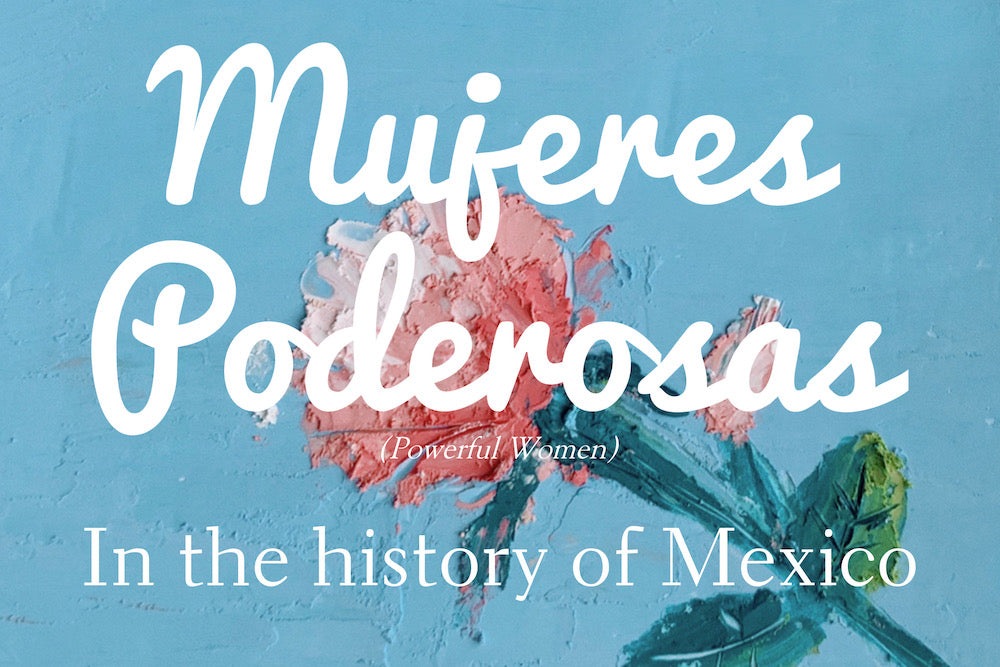

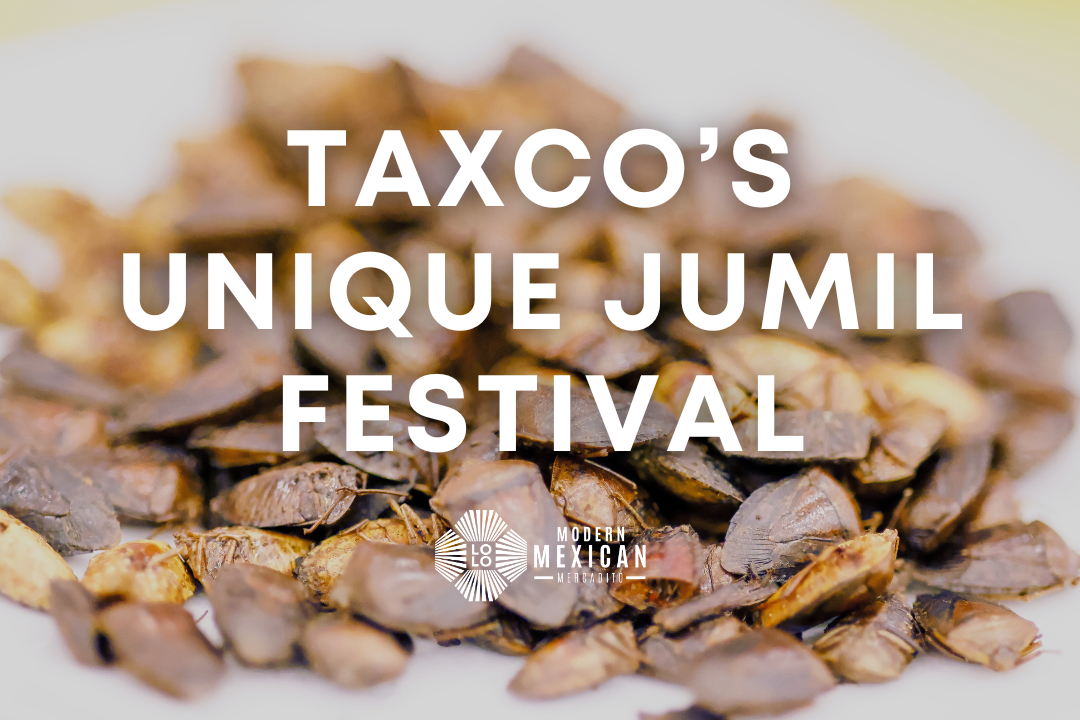
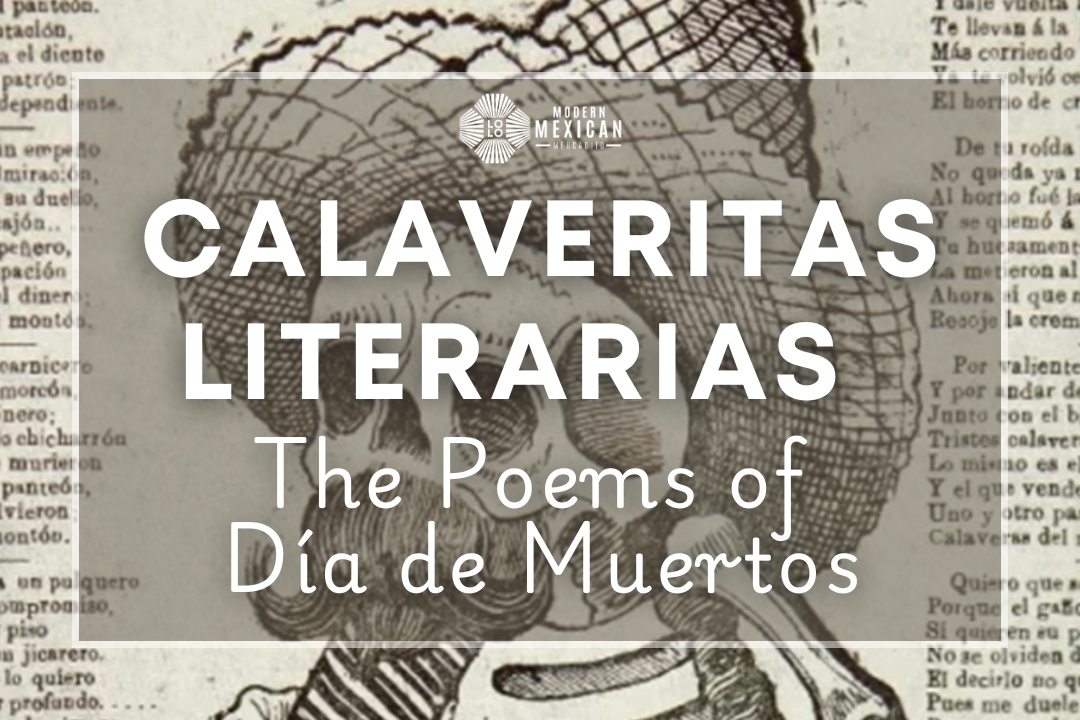
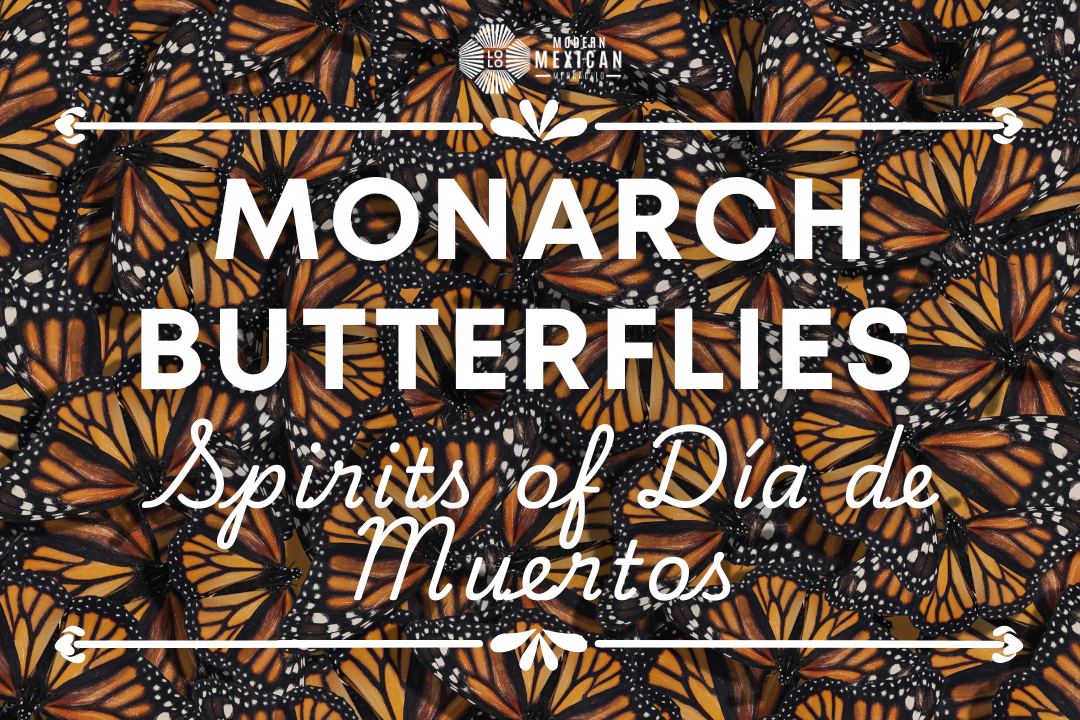
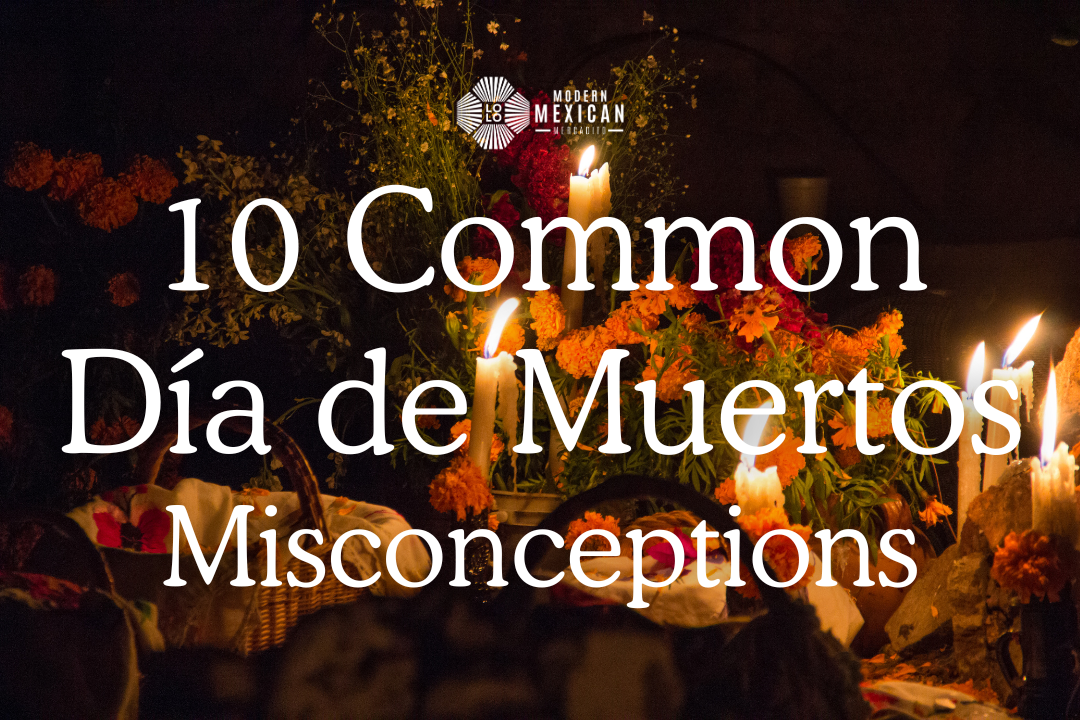
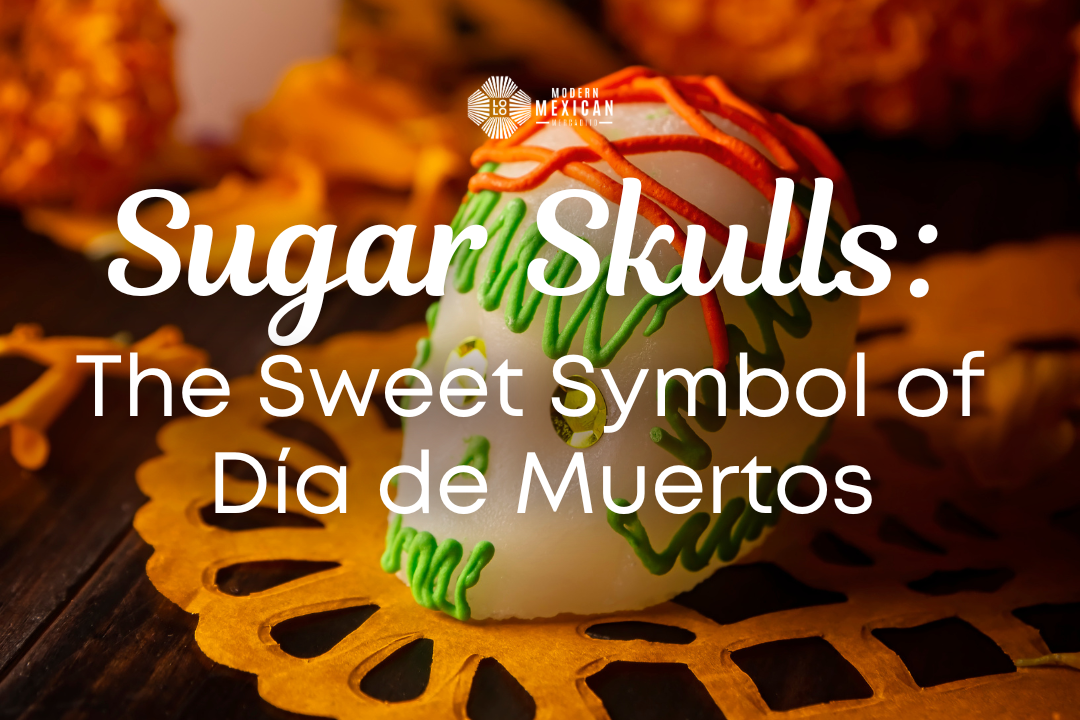

4 comments
Yaretzi Ximena Hernández Hernández
Sisisi
Amie Kosberg
I love your blog posts but I would prefer them in Spanish!
Mia Borja
Great list! Thank you for showcasing Mexican women in history. I wish you would have included their pictures.
nora
Another great article. How about Rosario Ibarra de Piedra and Maria Izquierdo?